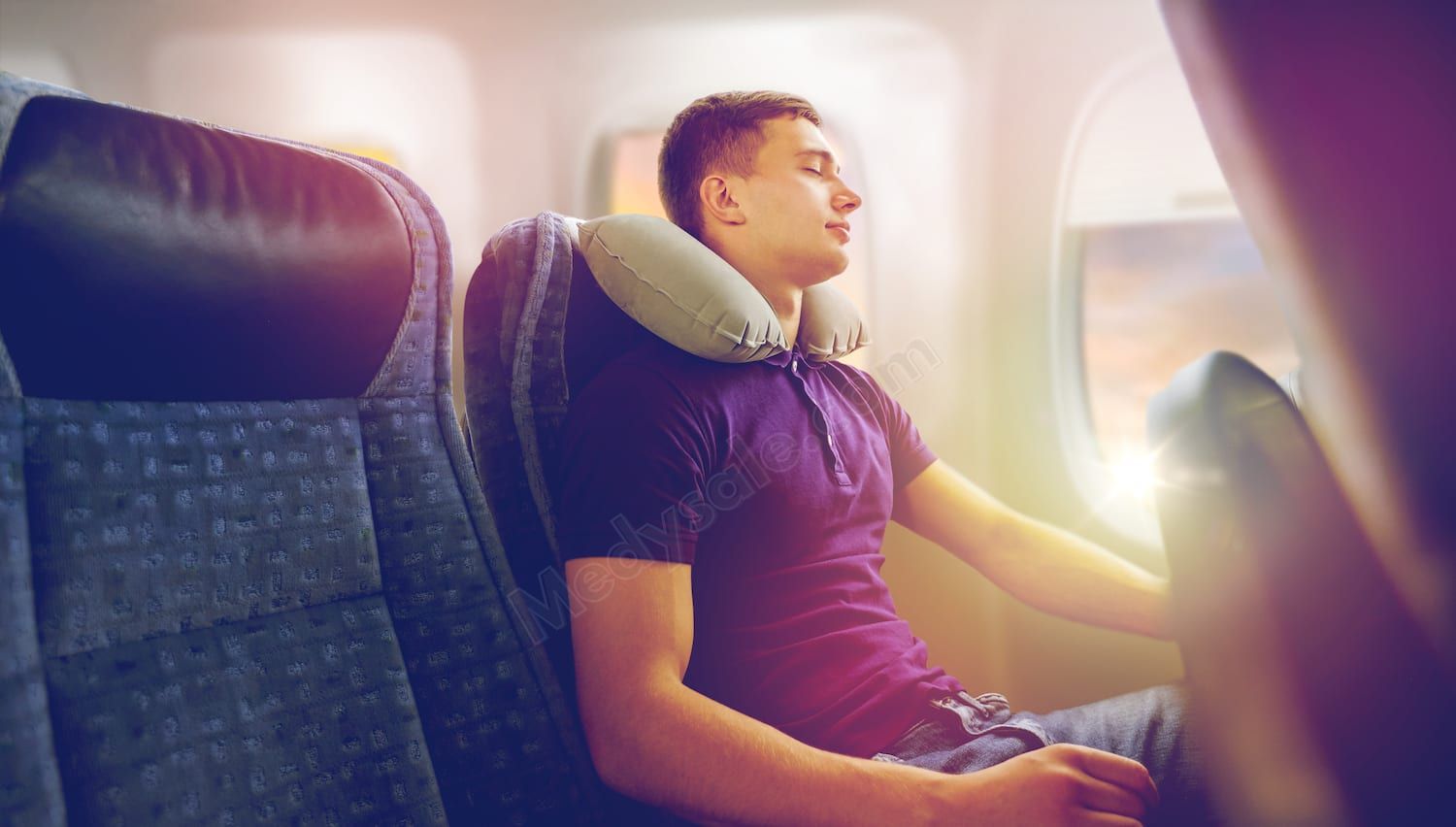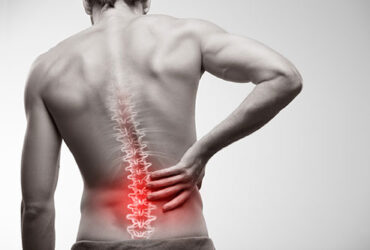For some, travel is the greatest joy in life. It’s an integral part of many people’s work. Whatever your reason for voyaging, adequate sleep is important to ensure that you are well and able to enjoy any excursion.
It is common for people to have trouble sleeping while voyaging, regardless of what good sleep means. There are many factors that can lead to unfavorable rest during an excursion. However, there are significant advances you can make to improve your sleep while moving and throughout the duration of your excursion.
What does it really mean to travel and influence your work?
For those who travel because of work, exhaustion can cause many problems. Many complications can arise when you travel after your work.
If someone is feeling anxious about flying, helicopters, or other forms of transportation, it could be that they are afraid to travel. These feelings of dread can make it difficult to sleep and cause insomnia. They feel sluggish throughout the day, and inefficient in their work environment.
Modalert 200 mg and Waklert 150 mg are great because they help you stay active and alert during the day. Smart Pill users feel more focused at work, can keep track of their tasks, and develop their mental capacity. Modalert 100 is also a good choice as it helps with excessive daytime sleepiness.
Why is there sleep disruption when you travel?
Although movement can be exciting and provide new experiences, there are also disadvantages. It can be difficult for many people to stop and rest while they are voyaging, which makes it difficult to fully appreciate the value of their excursion.
Movement can cause weakness
Traveling can lead to mental and physical depletion. This can lead to movement weariness. Movement stress can manifest in a variety of symptoms, including weariness, headaches, restlessness, and other inconveniences.
Travel insomnia can be caused by a variety of factors:
- Anxiety about flying or other forms of transport.
- Uncertainty about possible issues during an excursion
- Pressure-related operations include pressing, showing up on schedule, and other coordinated actions.
- Problem with movement infection
- You can move for long periods.
- There may be deferrals and disturbances to the timetable.
- It is possible to not rest while traveling, such as on a plane, train, or vehicle, while standing up.
- Flying in a lodge can lead to a lack of hydration, bulging and clogging, as well as respiratory tract contaminations.
- Voyaging can lead to changes in food and drink consumption.
- Sitting for long periods of time can cause leg irritation, solidity, and reduced actual work.
Travel exhaustion can happen at any time and in any situation. It can also intensify basic medical problems.
Stream slack
Stream slack is a temporary rest condition that can be caused by long-distance flights. A person’s circadian beat is still at root in their home region when they arrive, which can cause a misalignment of their local time at their destination.
Fly slack can cause you to feel powerless when you rest. Side effects include debilitating physical or mental capacity, daytime sleepiness, digestive issues, general disquietude, and daytime sluggishness.
Stream slack lasts most of the time only for a few days. However, it can last up to half a year before an individual’s circadian rhythm adjusts to local time. Fly slack can be more dangerous than flying east, crossing many time zones.
Schedule changes
No matter how calm an individual is about stream slack, any changes in their daily schedule, especially their sleep time could lead to rest problems. If your sleep propensity is disturbed, it could make it more difficult to fall asleep or stay asleep throughout the night.
People are prone to wanting to do as much as they can in their daily lives, especially when it comes to business and excursions. Overstimulation can lead to stress and a lack of rest.
You can’t stay in a bed in a new or uncomfortable place
Studies show that people tend to sleep worse when they spend their principal night in strange environments. Analysts found a consistent example of the “primary-night impact” in rest centers.
This impression gives the impression that you are not limited to rest centers. Further research revealed that the first night’s rest quality was lower even in resorts with a relaxed climate. According to some researchers, this is a transformative endurance element that keeps a portion of the cerebrum active while snoozing in another area.
However, voyaging is a time when you can get rest after the main night. If your accommodations include a secluded sleeping area or too much light and commotion, it might prove difficult to get complete rest.
Modifications to your exercise and diet routine
Travel is generally viewed as a welcome respite from daily schedules. However, layout changes can sometimes cause rest interferences.
Explorers may be more inclined to drink more alcohol or have larger meals than they expected. This can disrupt rest design. You might find that normal activity can help you doze better while voyaging.
The main concern
It is not easy to take care of your rest while you travel. It is important to be mindful of some key steps for good work execution. Don’t let travel disrupt your work.










Leave a Reply